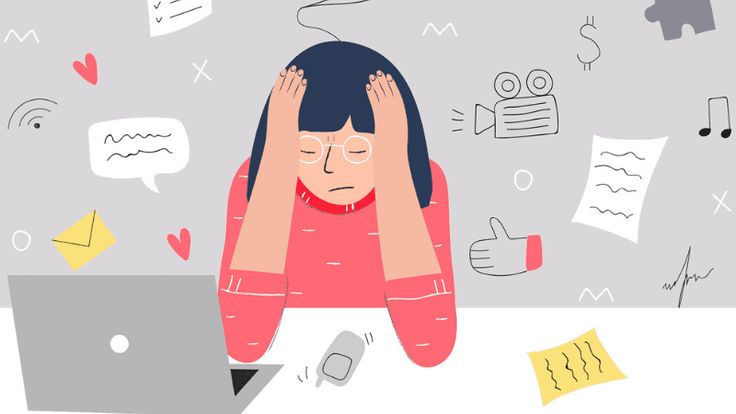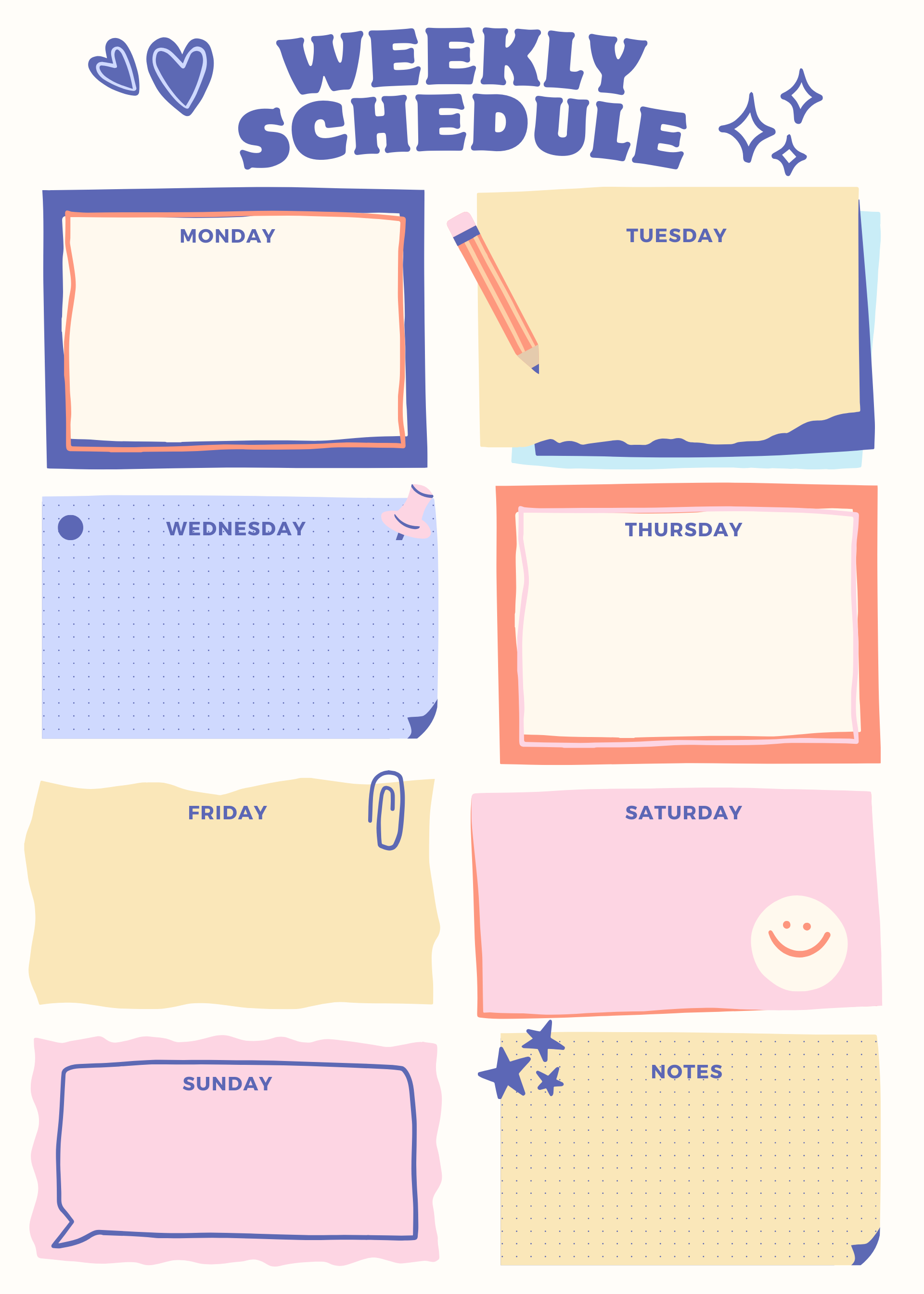Welcome back to THRIVE! With exam season approaching, it’s natural to feel a mix of excitement and nerves. Are you ready to make an academic comeback, or does the thought of exams leave you a little anxious? Don’t worry! This week we’re diving into real learning experiences and proven strategies to help you turn things around. No matter where you stand now, there’s a path forward, and we’re here to help you find it!”

Imagine a student named Lily. She is drowned in her endless assignments and exams coming up. She believes that she has too much stress, feels panicked, and begins to feel overwhelmed. For her, there seems to be no time for proper rest or hobbies. I’m sure you can relate to this feeling of a never-ending stress loop! What if I said there is a way to break away from it?
To begin with, redefine what you believe as a proper rest or break. Some people think that a break has to be over a big chunk of time or even the whole day to be considered a good one. That’s the reason why people only associate the weekend as resting time. Instead, you can treat everyday as a chance to relax!
Utilise the short time in between activities to wind down and take a moment to breathe. You can do it while taking a 15 minute bus ride or during a 30 minute break before your next class. Check out these tips for the best ways to take a small moment to yourself:
Practice mindfulness – move around, or observe the little things around you. In my experience, I start noticing small things such as the funny frog figurine on my office desktop, and it always makes me smile!
Try your best to not use your phone during these breaks. You’re not allowing your brain to adequately rest when you do this.

Next, create a weekly planner to keep track of any activites or assignments on that week. Students who plan and organise their study schedules achieve higher grades than those who don’t (Britton & Tesser 2015). Planning allows you to organise your time and gain more control over it, meaning you can finish your daily tasks on time and have more free time to do other things! You can also use interesting templates for your weekly planner because planning doesn’t have to be boring!
Here are some tips to plan like a pro:
- Add classes, events, deadlines, and appointments to your diary/schedule
- Break down big tasks into smaller chunks.
- Plan which activites are your top priorities.
- Add extra time for unexpected tasks or delays.
- Be flexible and adjust your plan when needed.
- Include fun activities/hobbies to keep you excited for the upcoming week!
You can also receive academic support from Peer Leaders by joining the UNSW College Study Club. They can help you find the answer to your questions!
If you believe you are struggling to keep up with your studies or falling behind due to certain reasons, you can try applying for a special consideration. When events such as sickness, injury, misadventure or other circumstances out of your control affect your performance in an assessment or exam, the College may grant you special consideration. You must complete a Request for Special Consideration Due to Illness or Misadventure Form 3 days before and up to 3 days after final exams/assessments. There are also academic support services available if you have any worries about your studies. Good luck for your exams and assignments! Remember that what matters most is trying your best and trust the process!
Staff Profile

Name: Aanushka
What is your role at UNSW College?
Hi! I am one of the Student Wellbeing Adviser at the College. We support students through all programs- no matter where they are in their student life journey. Think of all things wellbeing – We are here to create a friendly, safe space where students can chat about anything on their mind. We also help students find the right solutions and connect them with the support they need to feel their best! Our teams goal is to help students thrive academically, socially and personally.
What kind of mental health support can the Student Wellbeing Team provide to students?
Our team provides support for a wide range of mental health and wellbeing concerns, including anxiety, depression, isolation, loneliness, feeling homesick, stress, gendered violence, grief, interpersonal relationships etc. We also assist students with disabilities, those living with physical or mental health conditions, and neurodivergent students by offering tailored support. This may include implementing educational adjustments and connecting students with other services that can help them succeed and feel supported. Additionally, we make referrals to other support services and ensure students are connected to the right resources for their needs.
What do you enjoy most about being able to support students?
What I enjoy most about working with students is the opportunity to connect with them on a genuine level. Being a kid at heart, I find it easy to build rapport with them. This allows me to create a supportive and approachable environment where they feel comfortable opening up. I feel incredibly honoured when students allow us to be a part of their journey, and watching them grow academically and personally by overcoming challenges is incredibly rewarding.



